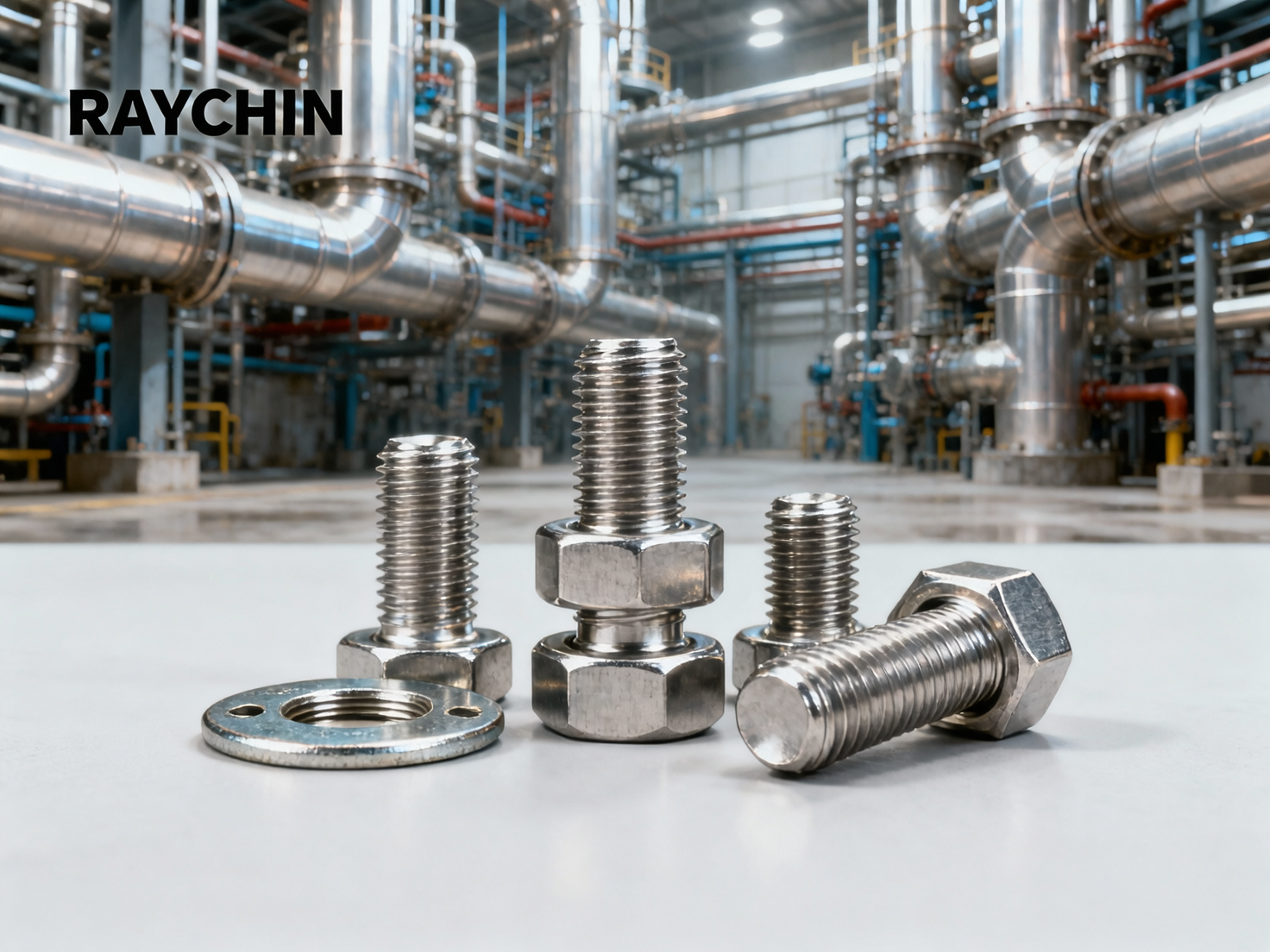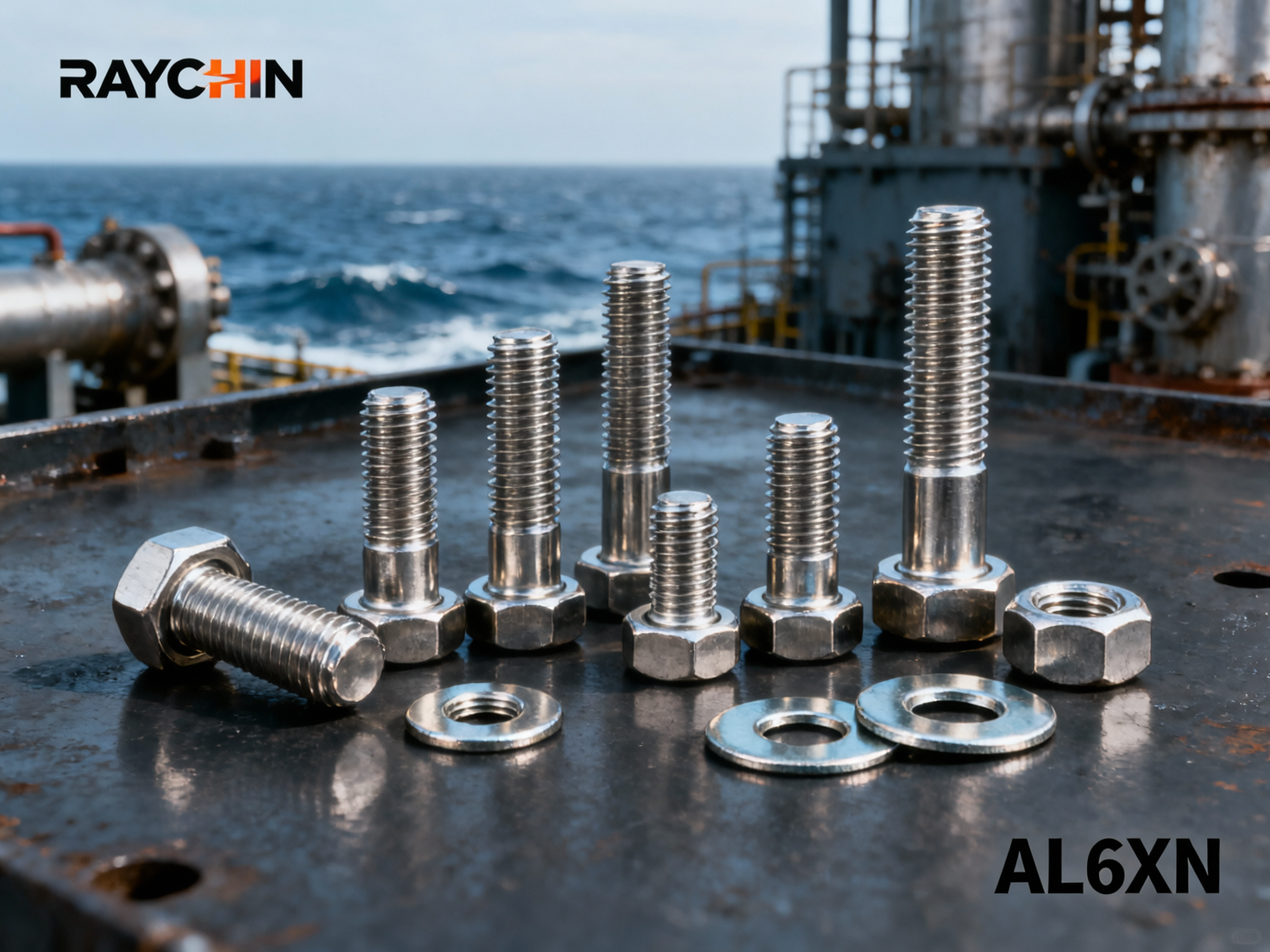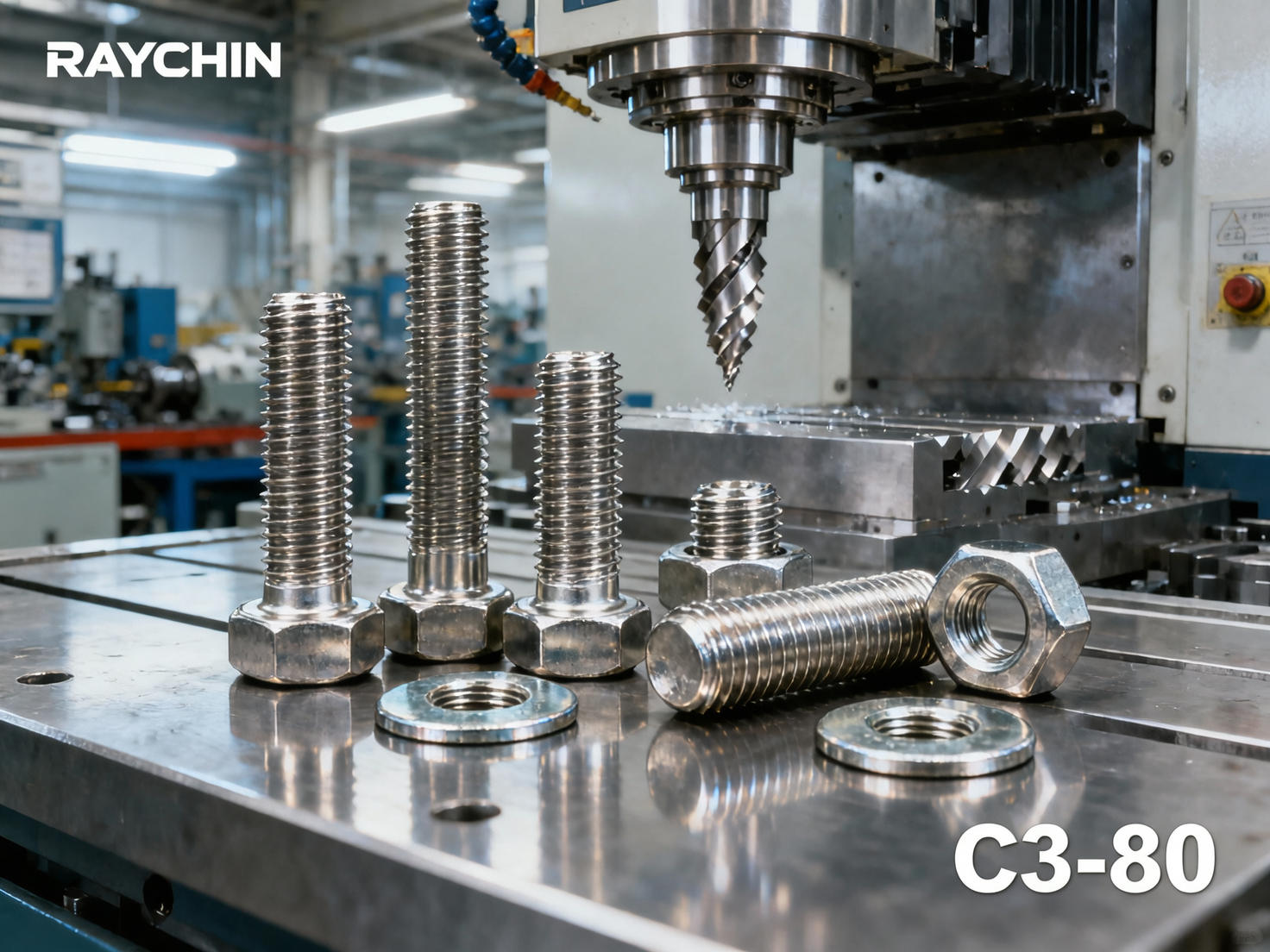Categories List
Recent Posts
![Duplex Stainless Steel Fasteners: The Guide to High-Strength Corrosion-Resistant Fastening Solutions Duplex Stainless Steel Fasteners: The Guide to High-Strength Corrosion-Resistant Fastening Solutions]() Duplex Stainless Steel Fasteners: The Guide to High-Strength Corrosion-Resistant Fastening Solutions
Duplex Stainless Steel Fasteners: The Guide to High-Strength Corrosion-Resistant Fastening Solutions![AL6XN Fasteners: The Guide to Super-Austenitic Stainless Steel Solutions for Severe Chloride Environments AL6XN Fasteners: The Guide to Super-Austenitic Stainless Steel Solutions for Severe Chloride Environments]() AL6XN Fasteners: The Guide to Super-Austenitic Stainless Steel Solutions for Severe Chloride Environments
AL6XN Fasteners: The Guide to Super-Austenitic Stainless Steel Solutions for Severe Chloride Environments![C3-80 Fasteners: The Complete Guide to Martensitic Stainless Steel Solutions for General Corrosion Resistance C3-80 Fasteners: The Complete Guide to Martensitic Stainless Steel Solutions for General Corrosion Resistance]() C3-80 Fasteners: The Complete Guide to Martensitic Stainless Steel Solutions for General Corrosion Resistance
C3-80 Fasteners: The Complete Guide to Martensitic Stainless Steel Solutions for General Corrosion Resistance
Inconel vs. Stainless Steel: Which Fastener is Better?
In industrial applications where reliability is non-negotiable, fastener selection can determine project success. While stainless steel has been the traditional choice for many applications, Inconel fasteners—including Inconel bolts, Inconel nuts, Inconel washers, and Inconel stud bolts—are increasingly specified for extreme conditions. This article provides a detailed technical comparison to guide your material selection process.
1. Material Composition and Properties
Inconel Alloys: Engineered for Extremes
Inconel refers to a family of nickel-chromium-based superalloys renowned for maintaining strength in extreme environments. The most common grades for fasteners include:
- Inconel 625: Offers excellent fatigue strength and oxidation resistance up to 1800°F (982°C)
- Inconel 718: Precipitation-hardenable with superior creep rupture strength
- Inconel X-750: Delivers high tensile and creep-rupture properties
These alloys form a protective oxide layer when heated, making Inconel nuts and bolts ideal for cyclic heating applications.
Stainless Steel Variants
Common stainless steel fastener grades include:
- 304/304L: General purpose austenitic grade
- 316/316L: Enhanced corrosion resistance with molybdenum
- 410: Martensitic grade with moderate corrosion resistance
- Duplex 2205: Combination of strength and corrosion resistance
2. Performance Comparison in Critical Applications
Temperature Resistance
Inconel fasteners maintain mechanical properties at temperatures where stainless steel would rapidly lose strength:
- Inconel 718 retains approximately 85% of room temperature tensile strength at 1200°F (649°C)
- Type 316 stainless steel loses about 60% of its strength at the same temperature
This makes Inconel stud bolts essential for turbine, exhaust, and furnace applications.
Corrosion Resistance
While both materials resist corrosion, Inconel outperforms stainless steel in:
- Chloride environments (offshore, chemical processing)
- Acidic conditions (pH < 3)
- Oxidizing atmospheres
- Stress corrosion cracking scenarios
Inconel washers prove particularly valuable in flange connections where crevice corrosion can occur.
3. Mechanical Properties Comparison
4. Cost Considerations and Lifecycle Value
While Inconel bolts typically cost 3-5 times more than stainless steel equivalents, total cost of ownership often favors Inconel:
- Extended service life in harsh environments
- Reduced maintenance and replacement frequency
- Lower risk of catastrophic failure
- Better performance in thermal cycling applications
5. Application-Specific Recommendations
When to Choose Inconel Fasteners
- Aerospace components (engine mounts, exhaust systems)
- Oil & gas equipment (wellhead components, subsea applications)
- Chemical processing (reactor vessels, heat exchangers)
- Power generation (turbine blades, boiler components)
When Stainless Steel Suffices
- Moderate temperature applications (<500°F/260°C)
- Environments without aggressive chemical exposure
- Budget-sensitive projects with shorter service life requirements
- Architectural and food-grade applications
6. Installation and Maintenance Best Practices
Proper handling ensures optimal performance of Inconel fasteners:
- Use anti-seize compounds during assembly
- Follow manufacturer torque specifications precisely
- Account for thermal expansion in high-temperature applications
- Implement regular inspection schedules
For critical applications, consider consulting with an Inconel fastener specialist to optimize your selection and installation process.
Request A Quote! We'll respond as soon as possible(within 12 hours)
Get a Quote



